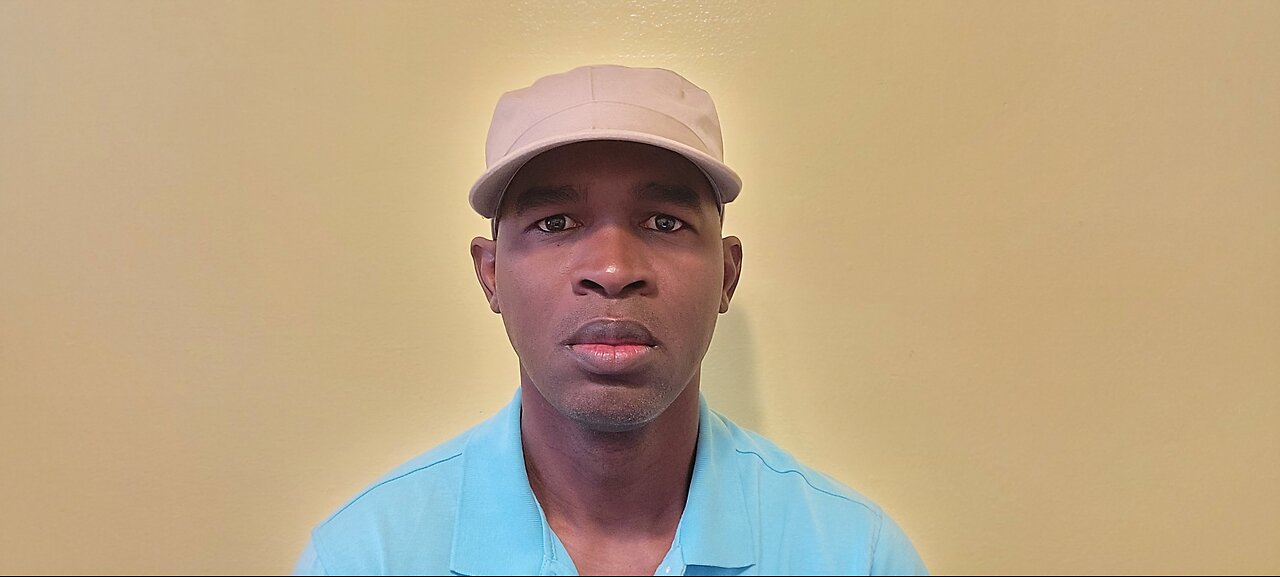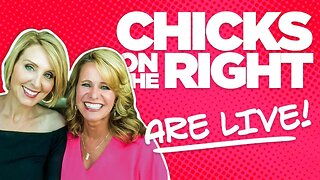Premium Only Content

If They Say It's Coming Believe Them-Central Bank Digital Currency (CBDC)
They are moving a lot quicker than some people think. Many Christians don't take it all means anything.
CBDC defined
"CBDCs are similar to—but not the same as—stablecoins. Stablecoins are a specific type of private, stabilized cryptocurrency pegged to another currency, commodity, or financial instrument with the goal of maintaining a relatively stable value over time. Unlike cryptocurrencies, which are decentralized, CBDCs are state issued and operated."
https://www.mckinsey.com/featured-insights/mckinsey-explainers/what-is-central-bank-digital-currency-cbdc
"CBDC is generally defined as a digital liability of a central bank that is widely available to the general public. Today in the United States, Federal Reserve notes (i.e., physical currency) are the only type of central bank money available to the general public. Like existing forms of money, a CBDC would enable the general public to make digital payments. As a liability of the Federal Reserve, however, a CBDC would be the safest digital asset available to the general public, with no associated credit or liquidity risk."
https://www.federalreserve.gov/central-bank-digital-currency.htm
RFID Chip Info
Wikipedia
Radio-frequency identification (RFID) uses electromagnetic fields to automatically identify and track tags attached to objects. An RFID system consists of a tiny radio transponder, a radio receiver and transmitter. When triggered by an electromagnetic interrogation pulse from a nearby RFID reader device, the tag transmits digital data, usually an identifying inventory number, back to the reader. This number can be used to track inventory goods.[1]
Since RFID tags can be attached to physical money, clothing, and possessions, or implanted in animals and people, the possibility of reading personally-linked information without consent has raised serious privacy concerns.[6] These concerns resulted in standard specifications development addressing privacy and security issues.
ACLU Article
Radio frequency identity (RFID) chips are tiny computer chips connected to miniature antennas that can be placed on or in physical objects. They are used in a wide variety of applications where “contactless” authentication is desired, including toll booths, transit passes, passports, and contactless entry keys.
There are two primary areas where RFIDs raise privacy issues: their use in retail and elsewhere in the commercial sector, and their direct adoption by government. In both cases, RFID tags make it possible for governments, stores, and hackers to identify people at a distance and without their knowledge. Anywhere an RFID reader is installed, a person can be identified—and the more readers that are installed, the more precise that tracking can be.
https://tinyurl.com/2yaycen9
"Arnie Szoke, in West London, pays for groceries with his hand alone. Brandon Dalaly, in Detroit, no longer carries his car or house keys with him: He’s got a chip in his left hand that allows him to open the door to his house, and another one in his right hand that allows him to start his Tesla. Chip implants are becoming more popular and available by the day."
https://aleteia.org/2022/10/31/chip-implants-are-here-there-and-everywhere/
IG: eathealthy.livefree
IG: kenton perrin
YouTube: eat healthy live free
Rumble: Knowjust1c3
Telegram: knowjust1c3-https://t.me/+6RctLfcezj5mYjUx
Support if you like the content
Cashapp: $Kcperrin
-
 LIVE
LIVE
LFA TV
3 hours agoLFA TV ALL DAY STREAM - MONDAY 8/18/25
3,854 watching -
 58:23
58:23
JULIE GREEN MINISTRIES
3 hours agoJUDGEMENT IN DC IS ABOUT TO INTENSIFY
98.3K172 -
 1:27:39
1:27:39
Chicks On The Right
4 hours agoTrump & Putin Summit, Newsom’s 2028 Dreams, and Kamala's Drunk Rant | Chicks on the Right
16.9K3 -
 DVR
DVR
Welcome to the Rebellion Podcast
20 hours ago $0.61 earnedA Case of the MonJays - WTTR Podcast Live 8/18
27.6K1 -
 4:01:59
4:01:59
The Bubba Army
3 days agoZelensky SLAMS Trump-Putin Meeting - Bubba the Love Sponge® Show | 8/18/25
44.9K8 -
 3:24:37
3:24:37
PudgeTV
12 hours ago🔵 StarCraft 2 Live Gaming on Rumble | Can the Terran Survive the Protoss Master Race?
20.4K -
 9:49
9:49
MattMorseTV
19 hours ago $31.71 earnedNewsom's CAREER just WENT UP IN FLAMES.
83.4K165 -
 21:58
21:58
Ohio State Football and Recruiting at Buckeye Huddle
12 hours agoIs Arch Manning Ready for the Ohio State Defense?
16.2K1 -
 26:00
26:00
ariellescarcella
15 hours agoGaslighting The TikTok Generation Into Chaos : Psych Deep Dive
20.4K4 -
 55:28
55:28
SGT Report
13 hours agoTHE MIRACLE OF CHLORINE DIOXIDE -- Kerri Rivera
34.6K38